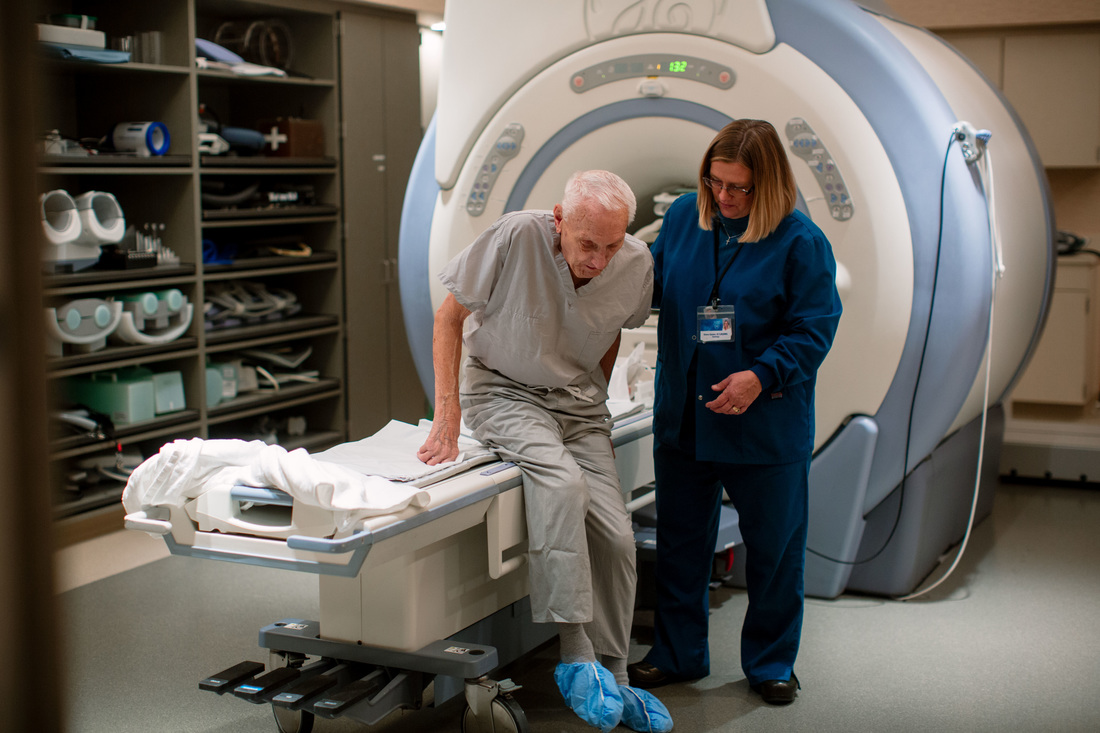GHR’s Health Initiative has committed more than $17 million over 5 years to scaling up important Alzheimer’s disease prevention research already underway. The Foundation is targeting funding to improve some of the largest research efforts in the field, including Washington University's DIAN-TU Study, which is quickly evaluating potential prevention treatments among those who are most likely to develop the disease, and Harvard University's A4 Study, which is working toward FDA approval for prevention therapy in the general population.
A recent Nature article highlights the importance of preclinical treatments, like DIAN-TU, which are initiated in cognitively unimpaired at-risk people, and are intended to postpone, reduce the risk of or completely prevent the clinical onset of Alzheimer’s. The authors argue that we need faster ways to evaluate these treatments, new ways to collaborate towards common goals and determination to expedite preclinical trials.
One useful tool for accelerating the initiation and performance of these trials is Collaboration for Alzheimer’s Prevention (CAP), a convening and consensus-building initiative co-founded by DIAN-TU and A4, among others. Important strides made by CAP include:
These developments help carry out Alzheimer’s prevention trials with care, thoroughness and maximum impact. While all research is uncertain, the potential to turn the tide and provide hope for all families that face Alzheimer’s has never been more promising. To learn more about GHR’s Alzheimer’s prevention funding efforts, contact us.
A recent Nature article highlights the importance of preclinical treatments, like DIAN-TU, which are initiated in cognitively unimpaired at-risk people, and are intended to postpone, reduce the risk of or completely prevent the clinical onset of Alzheimer’s. The authors argue that we need faster ways to evaluate these treatments, new ways to collaborate towards common goals and determination to expedite preclinical trials.
One useful tool for accelerating the initiation and performance of these trials is Collaboration for Alzheimer’s Prevention (CAP), a convening and consensus-building initiative co-founded by DIAN-TU and A4, among others. Important strides made by CAP include:
- Development of trial outcomes, including cognitive and clinical endpoints and biomarkers
- Standardization of sample and data collection, such as the use of tau imaging in all CAP trials
- Participant recruitment and retention through the development of a registry
- Data and sample sharing mechanisms
These developments help carry out Alzheimer’s prevention trials with care, thoroughness and maximum impact. While all research is uncertain, the potential to turn the tide and provide hope for all families that face Alzheimer’s has never been more promising. To learn more about GHR’s Alzheimer’s prevention funding efforts, contact us.


 RSS Feed
RSS Feed
